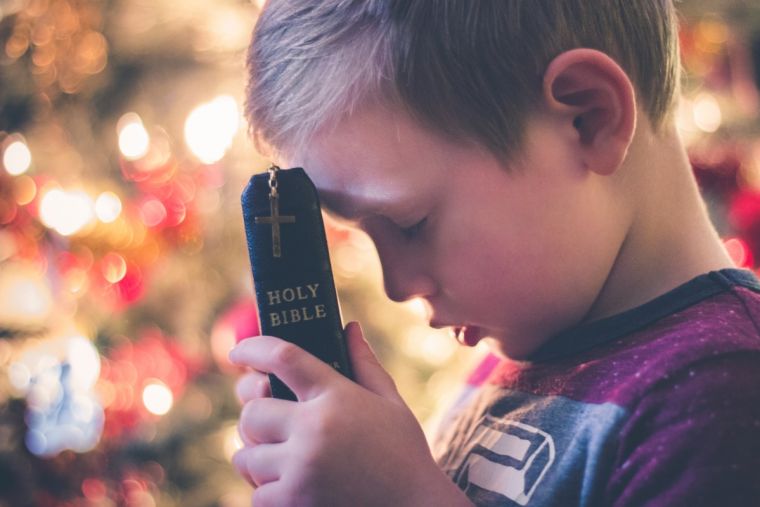How the Bible helps us work for the Common Good

The Old Testament prophet Jeremiah said 'Seek the welfare of the city ... for in its welfare you will find your welfare' Jeremiah 29.7.
Calling People of Goodwill: The Bible and the Common Good, is a new resource from Bible Society and Together for The Common Good for Christians to use as individuals and in groups. We argue that the Bible has a unique ability to bring people together from diverse backgrounds and perspectives to seek the welfare of everyone. The Bible demonstrates this through the idea and practices of what we call the common good.
The common goodis the conditionsnecessary for everyone to flourish; it is not a utopian ideal or something to be imposed by one group on another. The common good promotes: human dignity, relationships, participation and stewardship. It insists that everyone is included, no one is left behind. This task is too big for governments alone - we all have a responsibility towards each other.
Using six passages from Acts, Genesis, Amos, John, Peter and Revelation, we explore what the Bible has to say about the common good through reflections, discussion questions and prayers. We believe that this resource can help Churches to sustain dialogue and unityin order to create a society where everyone is valued.
Take the Babel story from Genesis 11: 1-8, the divisions we see in society today between different tribes and groups reflects the same attempts by the people of Shinar to build a city on their terms and for their own ends. Conversely the fellowship and altruism of the early church in Acts 2: 42-47 demonstrates how communities thrive when we promote mutual welfare over individual gain.
The Bible identifies many areas of life in which the common good is crucial for a healthy and fair society: justice at all levels, good legal processes, economic opportunity, ethical profit-making and creation-care. The prophets consistently challenged the status quo with their stark warnings about corrupt systems in which the vulnerable and poor were exploited by the powerful and wealthy. Be this in the market place, or as Amos 5: 14-15 demands, to establish justice in the gate. The gate here being the law court, the negotiating table that could save or destroy a person's livelihood.
With Brexit, Le Pen, Trump and now a General Election, we urgently need to find common ground, to resist mutual suspicion of 'the other', the 'stranger'. We need to pursue unity at all costs as in John 17: 20-24 since Christ came to reconcile us through his death and resurrection. It is hard but necessary if we want to move from a fragmented world in which we wonder where we belong, to a place where all are welcome and no one is forgotten. The vision of human flourishing that we see in the Bible is one where human dignity transcends tribal differences; where diversity is celebrated as on Pentecost day and where both the young and old are cherished equally.
As the General Election gathers momentum, it's important to resist the temptation to co-opt God into a particular political agenda. Rifling through the Bible to find out what he would vote isn't going to be very helpful - God is not simply old or new labour any more than he is purely old or new testament. Although he likes coalitions because he's part of a trinity!
In our discernment let us pray that we find common ground between neighbours and nations, in the classroom and in the boardroom, at the altar and on the bus. Let us shift the focus from 'I,' to 'we', to 'us', in our encounters. We do not exist in isolation but in relation to each other. We flourish together or not at all. This is a great motivation to action for us all.
Calling People of Goodwill: The Bible and the Common Good, £3.99 from the Bible Society.
Fleur Dorrell is Scripture Development Co-ordinator at Bible Society and former head of faith and policy for the Mothers' Union. She is the author of books including The Promise of Christmas: Reflections for the Advent Season. Follow on Twitter @FleurDorrell #commongood











